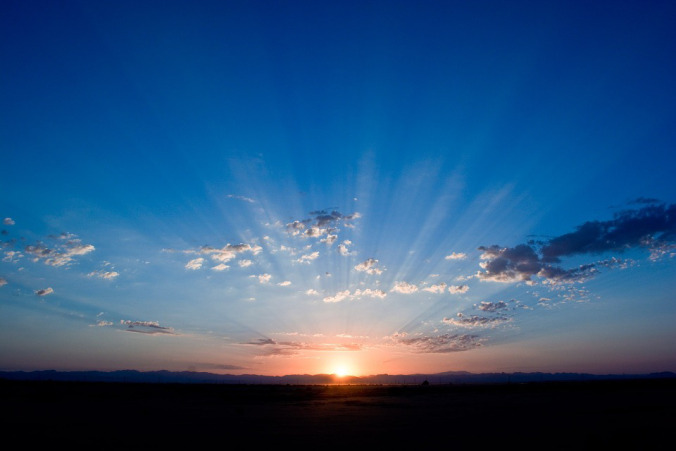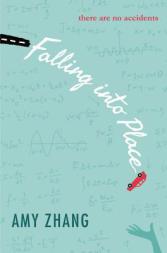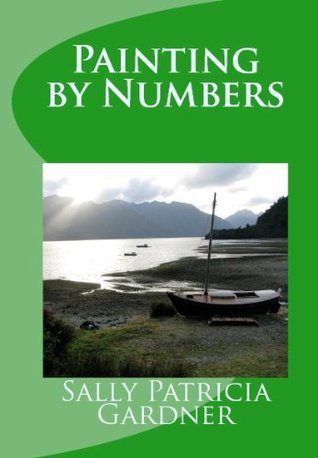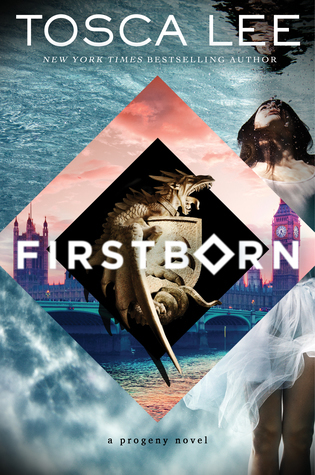I’m thrilled to offer a guest post by Ellen Rowland. This essay is adapted from her recently published book, Everything I Thought I Knew: An Exploration of Living and Learning.

I sat at the small table by the kitchen window this morning thinking about hope. The news was bad. Again. Acres of majestic trees destroyed by fire, hurricane devastation, floods and loss, missiles and political misfires. So many people in need of each other, divided by both real and imagined borders. Yet in that quiet moment as my children still slept, I felt a strong pull to lean into the beauty around me, the calm, to focus on the small acts of kindness that don’t always get talked about and believe in their power. Did I have a right to be hopeful when the world was so clearly hurting?
If you’re deep ecologist Joanna Macy, and others like her, the answer is yes. Not only do you have a right to be optimistic, but an obligation to unearth that hope, spread it around like topsoil, and help something infinitesimal or resplendent grow. I stumbled upon an article recently by Macy about the book, Stories of the Great Turning, which helped validate my stubborn penchant for hope. It celebrates the ever-growing movement of individual action through a collection of stories about grassroots activism taking place around the world.
A few days later, my family and I watched the French documentary Demain (available with English subtitles as Tomorrow) by Cyril Dion and actress Mélanie Laurent. It takes us all over the world to introduce us to people who are finding creative solutions to the world’s problems and putting them into action on an individual and community level. The film shows us the positive global strides that are being made in the areas of agriculture, energy, economy, democracy, and education. The examples convey the idea that, while we cannot deny the global problems we’re facing, we can choose to focus on the change that is already in motion.
These aren’t merely messages of hope. Neither are they a call to action. Both Stories of the Great Turning and Demain are telling us something we deeply suspect but desperately need to know — that all over the world, in hidden corners and small enclaves, people from all walks of life are already creating lasting positive change.
Because these thinkers and doers of seemingly small acts are not celebrities, politicians, or industry giants; we may not hear about them in the mainstream media. In fact the gentle propagation of these tales usually gets done the old-fashioned way — by word of mouth, or as my daughter says, “on the wings of dragonflies” — which is testament itself to what Macy calls the “remarkable expansion of allegiance beyond personal or group advantage.”
In other words, we lead, or participate, or engage, or invent, or inspire without caring if we ever get recognition or reward. We do it because we feel in our very souls that it’s the right thing to do. Even if our efforts ultimately fail, the lesson lies in the attempt.
Joanna Macy writes in her introduction,
“This wider sense of identity is a moral capacity more often associated with heroes and saints; but it now manifests everywhere on a practical and workaday plane. From children restoring streams for salmon spawning, to inner-city neighbors planting community gardens, from forest defenders perched high in trees marked for illegal logging, to countless climate actions to limit greenhouse-gas emissions, an undreamt-of wave of human endeavor is under way . . . (The Great Turning’s) three main dimensions include actions to slow down the destruction wrought by our political economy and its wars against humanity and Nature; new structures and ways of doing things, from holding land to growing food to generating energy; and a shift in consciousness to new ways of knowing, a new paradigm of our relation to each other and to the sacred living body of Earth.”
All this just makes me want to run outside and whoot with joy! But for most of us it’s hard to dig our teeth into the potential collective outcome of all these scattered individual efforts. Especially when we are bombarded on a daily basis with mindless listicles on one hand and horrific world news on the other. At any moment the global bubble of doom and fear might pop right over our heads. Can we really make a difference?
Well, yes, especially when “we” becomes “WE,” which happens quite naturally when individuals come together to provide support, collaborate, share resources, and work as a unit while maintaining individuality.
The paradigm of positive change taking place isn’t just about the environment. It’s about accepting the notion that in anything in life that’s worthwhile, there exists polarity. It’s about accepting and embracing each other’s differences. It’s about mutual respect and compassion. It’s about taking risks and daring to think differently. And it’s about learning differently. I can’t help making this leap because it’s really only a small stepping stone from one to the other. How can we distinguish between the consciousness we hope to awaken on behalf of a suffering planet and the world we want to open up for our children? They are the same.
Which is why those of us who foster interest-led learning, who have lived through learning and learned through living, need to keep sharing our individual and collective tales as part of this Great Turning. And we don’t need to shout. As it is, many of these stories naturally intertwine children’s exploration with a love and respect for Nature. They demonstrate the innate consciousness that children have toward creatures and the compassion they hold for others. Many homeschooling families are already living with “our sacred living body of Earth” in mind through lifestyle choices. Sharing these tales is not about bashing the institution of school or judging parents and children who choose to attend, and it’s not about imposing or insisting on change.
If I understand it correctly, this movement, which Macy calls “the essential adventure of our time,” is about individuals inspiring change through positive action and example. And sharing our stories of gratitude and hope. The shift may come about slowly. But it’s coming. I can hear the wings beating.

Share this:
Ellen Rowland is the author of Everything I Thought I Knew, a collection of essays about living, learning, and parenting outside the status quo.
Her writing has appeared in Life Learning Magazine, The Homeschooler Post, Otherways Magazine, The Washington Post online, More Magazine, and Natural Life Magazine.
After spending 15 years in New York City, where she built a career in art and design and met her French-born husband, she and her family moved to Senegal, West Africa when her children were three and four years old. They built an earth house, lived off-the-grid, grew their own vegetables, and began the journey of learning through living. She and her family currently reside on a small island in Greece where they plan to restore a goat barn and call it home.
- Click here for more information or to purchase a copy of Everything I Thought I Knew.
- Follow her family’s adventures at amuddylife.com
- To learn more about earth building and architecture, visit atelierkoe.fr
- More





